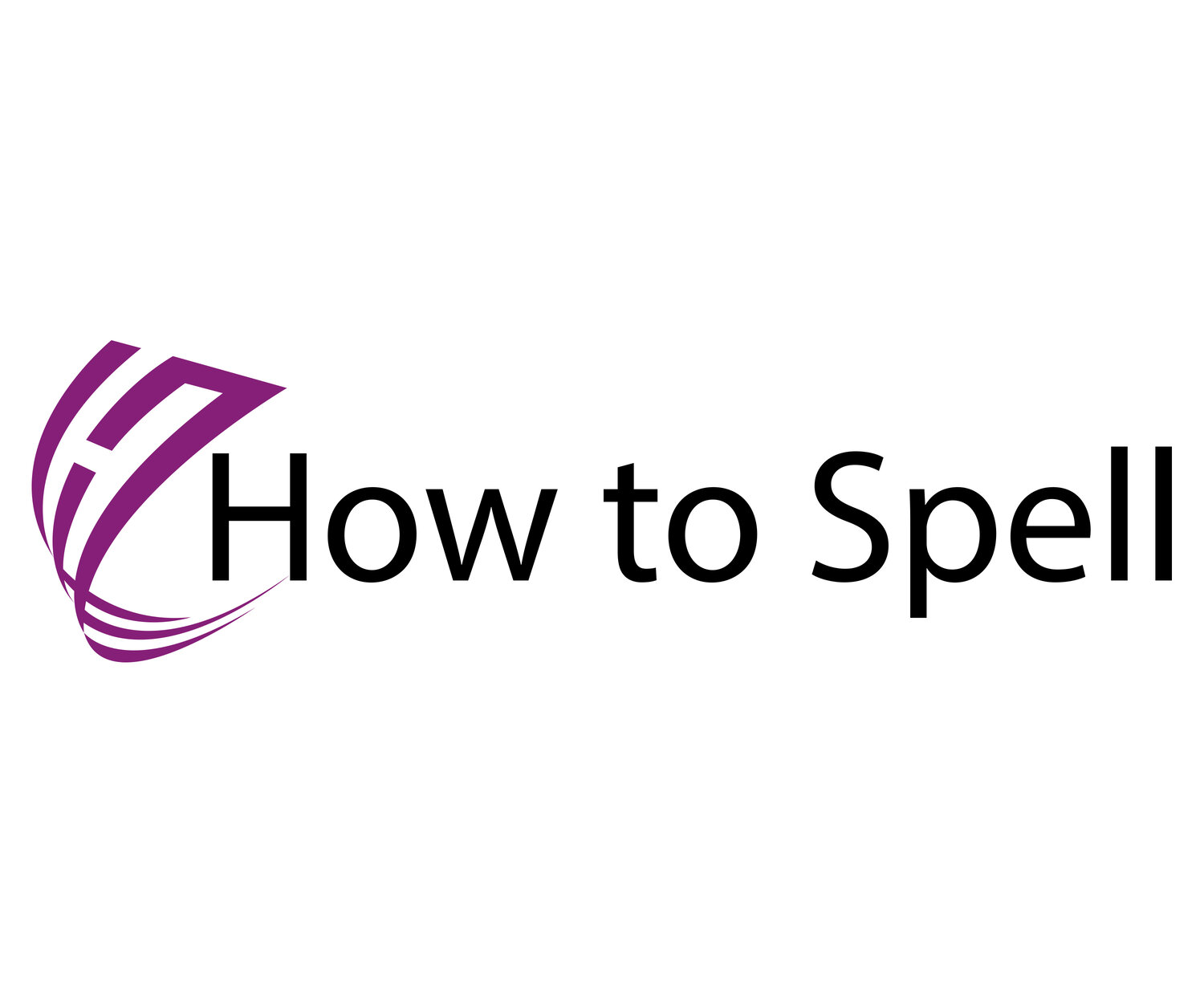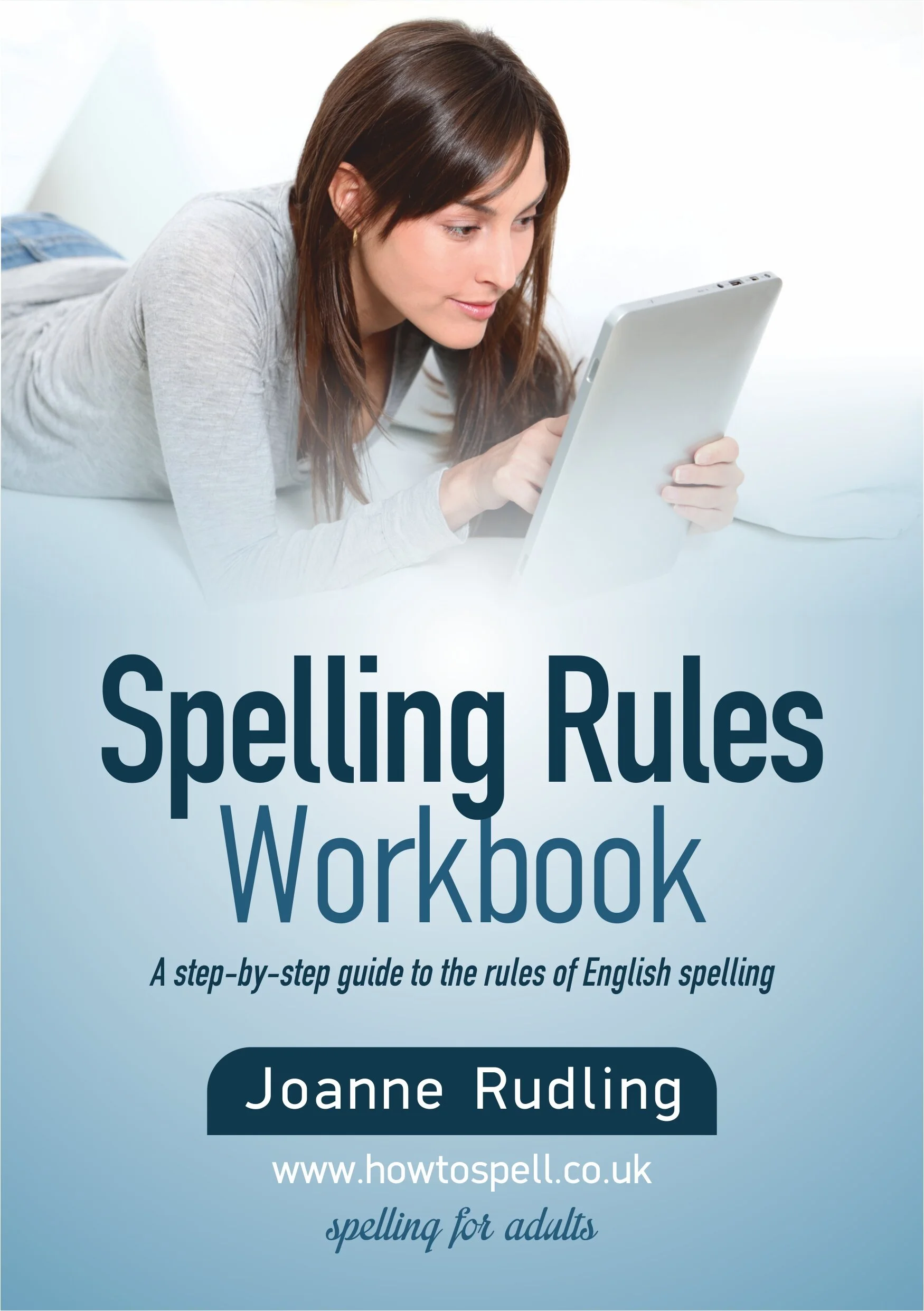Adding -ly
slowly, possibly, uneasily, lovely, gently, beautifully, basically, definitely
In this lesson, we're looking at the rules around dropping or keeping the 'e' with -ly.
The rules are quite simple and reliable but some of the words are tricky to spell: definitely, probably, absolutely, likely, reasonably, hopefully
6 rules around adding -ly to words
Rule 1
Add -ly to words ending in a consonant:
slow + ly = slowly
endless + ly = endlessly
week + ly weekly
stupid + ly = stupidly
friend + ly = friendly
independent + ly = independently
quick + ly = quickly
quiet + ly = quietly
vivid + ly = vividly
Rule 2
Add -ly to words ending in -ful (it makes -fully with double l):
careful + ly = carefully
wonderful + ly = wonderfully
beautiful + ly = beautifully
faithful + ly = faithfully
peaceful + ly = peacefully
successful + ly = successfully
Rule 3
The same rule applies to other words ending in l (makes double 'l'):
cool + ly = coolly
cruel + ly = cruelly
especial + ly = especially
final + ly = finally
financial + ly = financially
formal + ly = formally
general + ly = generally
lethal + ly = lethally
occasional + ly = occasionally
total + ly = totally
social + ly = socially
usual + ly = usually
wool + ly = woolly
hill + ly = hilly
accidental + ly = accidentally
Rule 4
We usually keep the 'e' with -ly:
lone + ly = lonely
love + ly = lovely
live + ly = lively
complete + ly = completely
definite + ly = definitely
desperate + ly = desperately
extreme + ly = extremely
immediate + ly = immediately
separate + ly = separately
sincere + ly = sincerely
fortunate + ly = fortunately
Exceptions: Drop the ‘e’ in truly = true + ly = truly (this is a common misspelled word).
Drop the 'e' in duly = due + ly = duly
Drop the 'e' in wholly = whole + ly = wholly
Rule 5
Change words ending in consonant + -le to -ly:
gentle — gently
simple — simply
terrible — terribly
wrinkle — wrinkly
miserable — miserably
possible — possibly
incredible — incredibly
probable — probably
responsible — responsibly
Rule 6
When adding -ly to words ending in -y, change the -y to -i- if there’s more than one syllable:
easy — easily, uneasily
happy — happily, unhappily
busy — busily
crazy — crazily
steady — steadily
lazy — lazily
necessary — necessarily, unnecessarily
shabby — shabbily
steady — steadily
greedy — greedily
But we keep the 'y' in one syllable words:
shy + ly = shyly
sly + ly = slyly
coy + ly = coyly
But exceptions:
day + ly = daily
gay + ly = gaily
If you're interested in learning more -ly rules check out my book and/or course.
Or for more in-depth spelling rules lessons go to my online video course Spelling Rules


